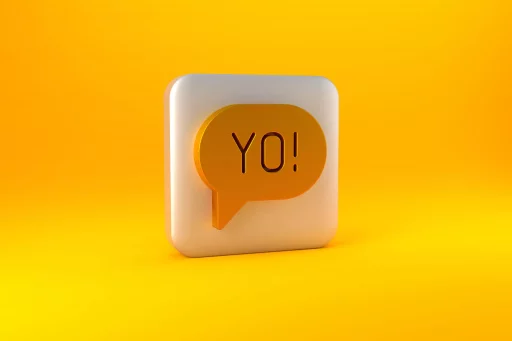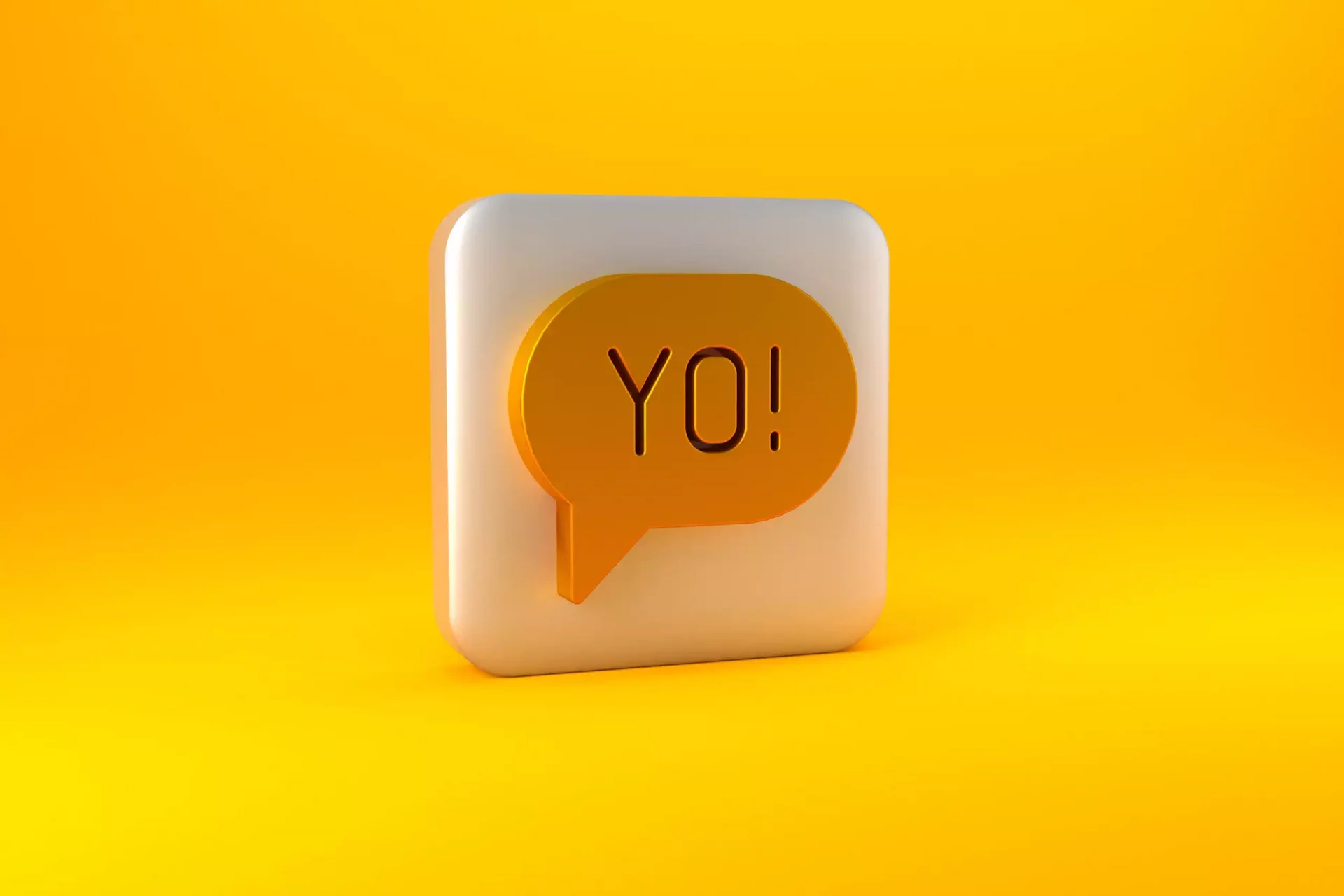What is an Online Provocateur?
In today’s digital landscape, the term ‘online provocateur’ refers to individuals or groups who deliberately incite controversy or provoke reactions through their online presence. Often using slang and memes, these provocateurs play a crucial role in shaping dialogues and debates across social media platforms.
The Language of Provocation: Slang in the Digital Age
Slang is a dynamic part of language, particularly in online interactions. The use of contemporary slang not only reflects cultural nuances but also adds a layer of engagement to online provocations. Here are some popular slangs often used by online provocateurs:
- Karen: Refers to a woman perceived as entitled or demanding beyond the scope of what is normal.
- Glowie: A slang term used to refer to someone who is suspected to be a government operative or informant.
- Chad and Stacy: Stereotypical representations of attractive, alpha men and women in various internet discussions.
- Cancel culture: A form of social ostracism where individuals are boycotted for their perceived transgressions.
Case Studies: Famous Online Provocateurs
Several individuals have risen to notoriety as online provocateurs, often leveraging their influence to spark dialogue, controversy, or outrage:
- Andrew Tate: A reality TV star and influencer, Tate has made headlines for his controversial opinions on masculinity and relationships, often resulting in widespread debate and backlash.
- Gigi Hadid: Though primarily known for her modeling career, Hadid gained attention when she publicly criticized comments made by a famous designer, causing an uproar in the fashion community.
- Donald Trump: As a former president, Trump’s tweets often served as provocations, using slang and informal language that captivated and divided audiences.
The Mechanics of Online Provocation
Online provocateurs utilize various strategies to maximize their impact:
- Shock Value: They often employ extreme statements or visuals to elicit strong reactions.
- Humor and Satire: Using memes and humor allows provocateurs to address serious issues in a light-hearted manner, drawing in more audience engagement.
- Engaging in Controversial Topics: They target hot-button issues that naturally lead to division, ensuring they remain relevant in discussions.
The Impact of Online Provocateurs
Online provocateurs significantly affect public discourse. Here are some statistics that show their influence:
- According to a 2022 study, 72% of users reported engaging more frequently in discussions after encountering provocative content.
- 57% of internet users admitted that they often encounter polarizing content, mostly from well-known provocateurs.
- A survey indicated that 43% of millennials say they’ve changed their views on social issues due to provocative online content.
The Fine Line Between Provocation and Trolling
While online provocation might lead to constructive debate, it is essential not to confuse it with trolling—where the intent is to disrupt conversations without contributing meaningfully. Here’s how to differentiate:
- Provocation: Intends to inspire thought, discussion, or change.
- Trolling: Aimed solely at instigating anger or confusion without substance.
Conclusion: The Future of Online Provocation
The phenomenon of online provocateurs shows no signs of fading. As dialogue continues to shift to digital formats, understanding these provocateurs and their impact on communication is crucial. Whether viewed as catalysts of meaningful change or agents of chaos, online provocateurs are reshaping how we express and debate in the modern world.






